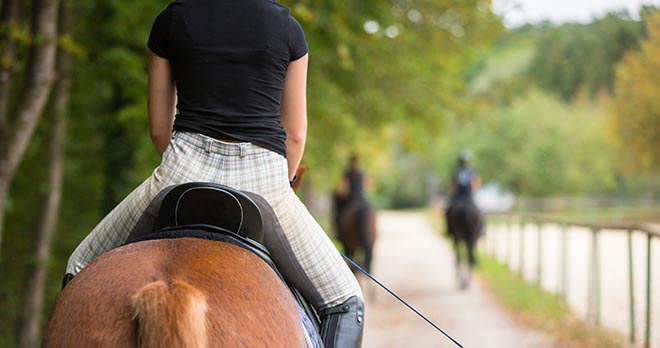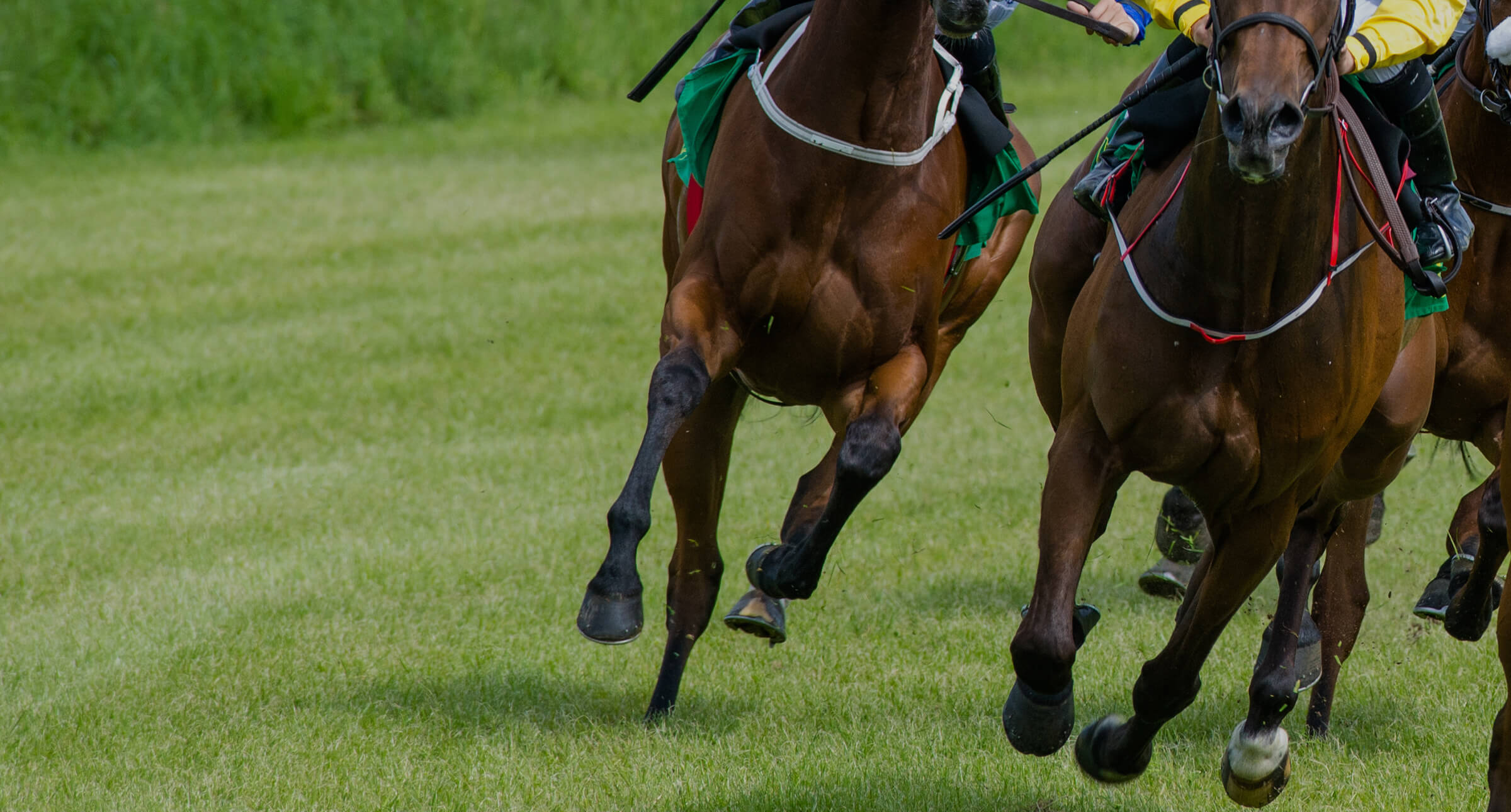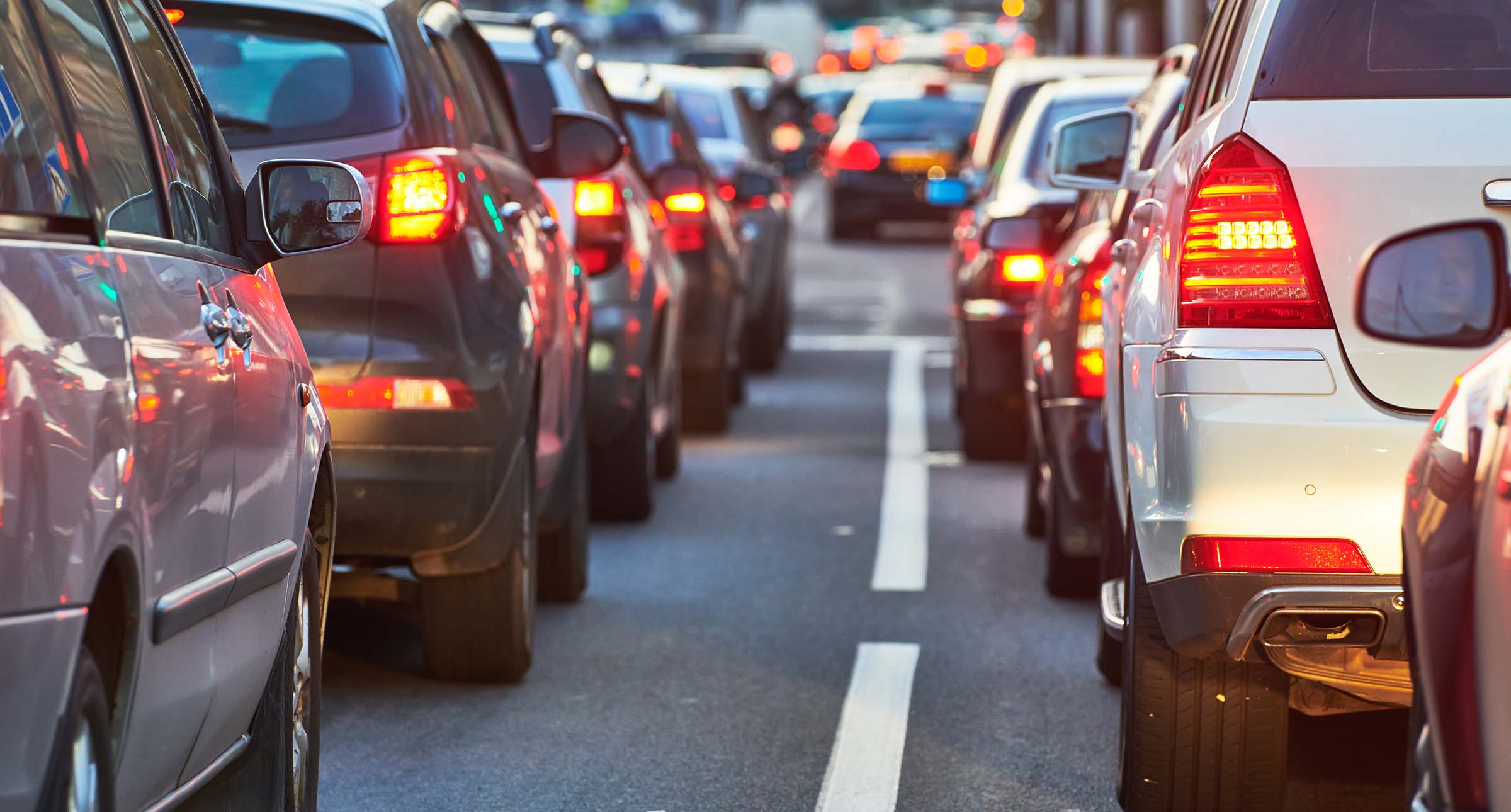Do I have to wear a helmet while horse riding? A legal expert’s view

There are many reasons people give to not wear a helmet whilst riding. These range from being willing to take the risk, knowing how to do an “emergency stop”, to more trivial reasons such as not wanting hat hair or the helmets looking ugly.
But, other than for safety, what are the other consequences of not wearing a helmet?
Should the worst happen, and you need to make compensation claim for personal injury, a deduction may be made for ‘contributory negligence’.
‘Contributory negligence’ simply means that, if you make a claim and win, a percentage will be deducted from your compensation to reflect the fact you failed to protect yourself against a risk. The amount by which damages will be reduced is dependant on the impact that not wearing a helmet had on any injuries.
In 1975 the legal landscape was established by the case of Froom v Butcher, which concerned a car accident. If now you suffer injuries in a car accident that would have been avoided altogether if only you had worn a seat belt your compensation will be reduced by 25%. A 15% reduction will be made where there would still have been some injury even if a seat belt was worn. Had the injury been the same despite a seat belt not being worn then no reduction should be made. Medical experts can spend a lot of time arguing this.
The area of contributory negligence has largely developed through from this seatbelt case, and would be applied in cases where a riding helmet was not worn.
So, do I legally have to wear a helmet?
Whilst out on public highways and byways, Highway Code Rule 49 states children under the age of 14 must wear a helmet that is fastened securely as well as complying with specific regulations. Adult riders should also follow this requirement; however there is no legal obligation to do so.
Many livery and schooling yards will, in addition, make it a contractual obligation that helmets are worn when certain tasks are being performed.
Should you ever need to make a claim as a result of an injury whilst out riding and you weren’t wearing a helmet, there is a high possibility that your compensation will be reduced if your injuries could have been reduced or avoided but you did not protect or reduce the risk yourself. For many of us it comes down to personal choice. We choose what risks we wish to take.
What does case law say?
In Froom v Butcher[1975] EWCA Civ 6, Mr Froom who was the driver of the car suffered injuries when he was in a collision with another car. Mr Froom suffered bruising to his chest, a broken rib and cut to his head and was not wearing a seat belt at the time. Had Mr Froom been wearing a seat belt he would not have suffered these injuries. As the injuries would have been prevented had Mr Froom been wearing a seat belt the judge Ordered that his damages be reduced by 20%.
The case of Smith v Finch [2009] EWHC 53 (QB)(QBD) reiterates the point made in Froom and Butcher. The case involved a cyclist and a motorcyclist who collided when the cyclist pulled out of a side road and into the path of the motorcycle. The cyclist was not wearing a helmet at the time and sustained serious head injuries. The motorcyclist tried to blame the events and the injury on the cyclist and avoid paying any compensation. The Court held that the injuries sustained by the cyclist would have been no different even if he had been wearing a helmet and therefore the motorcyclist was still liable to pay 100% compensation.
If you’ve been injured whilst riding a horse, our specialist injury solicitors are here to help you understand your legal options.
Call now



